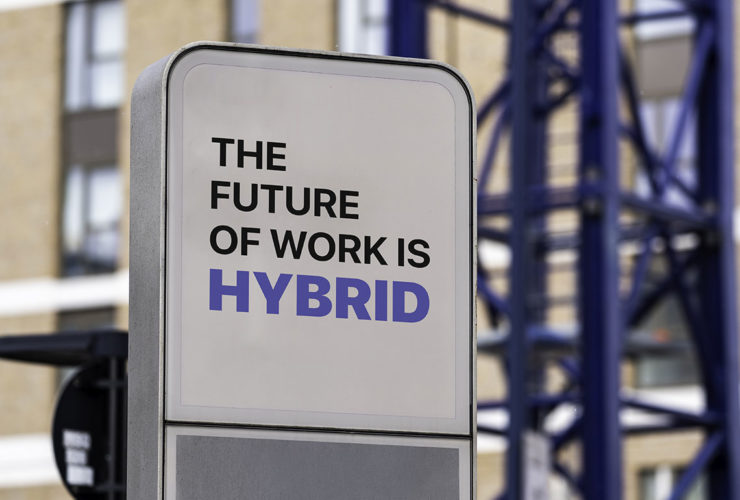Technical interviews are proven to identify tech hires that have the necessary skills to succeed in particular roles in your organization—provided you conduct them effectively.
Here are nine keys for having effective technical interviews that help you make great hires:
- Interviewers need relevant technical experience. This is an absolute must. You can’t ask the right questions or evaluate answers if you don’t have the proper technical skills and experience.
- Interviewers should have technical interviewing experience. Everybody has to start sometime, but people with extensive technical interviewing experience have a huge edge. One example: Good, experienced interviewers know how to put candidates at ease, allowing for free-flowing conversations that more fully reveal what candidates have to offer, and whether they are the right fit for the particular role your organization is hiring for.
- Establish clear standards. For different job levels, create standards for the technical concepts that are important to cover in a technical interview. Also, use a common rating and reporting mechanism so that candidates are measured against the same evaluation metrics.
- Have a methodology. Your interview process needs to be structured if you’re going to effectively evaluate candidates on the same criteria. This means questions need to be consistent for all candidates.
- Prepare. Prepare. Prepare. Take time to identify both the concepts you want to address in interviews, and specific questions that will show whether candidates are competent or not in those concepts. Also, look at candidates’ resumes and the job description together, and form effective technical interviews that bridge the two. Too often interviews are based solely on the job description.
- Ask challenging questions. This is how you separate candidates who have the skills you need from those who merely pretend to. Plus, the best candidates want to be asked challenging questions so they can showcase their expertise—doing so enhances their candidate experience.
- Ask behavioral questions. These questions require candidates to delve on their experience—e.g., “How have you ramped up your efforts to learn a new technical skill?” This helps identify candidates with the experience you need. Many interviewers fall into the mistake of using theoretical questions—e.g., ““If you need to learn a technical skill, how would you ramp up to learn it?” They are less challenging and less valuable because they allow lesser candidates to talk about actions they haven’t actually taken.
- Manage body language. Poor body language can ruin interviews. Interviews need to actions like keeping their arms crossed, tapping their pen, or leaning back and yawning—all of which can make candidates feel uncomfortable and unvalued.
- Be compliant. Some employers run into hot water due to compliance issues with their interviewing process. In hiring, employers can’t discriminate against protected classes, which include race, national origin, gender, pregnancy, age, disability, religion and military status. It’s critical for interviewers not only to avoid asking questions about those topics, but also to know how to manage interviews when candidates bring these topics up. For example, one could say, “Thanks for sharing, but that information will not be taken into consideration.”




